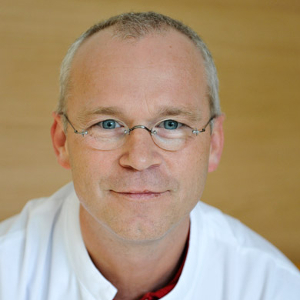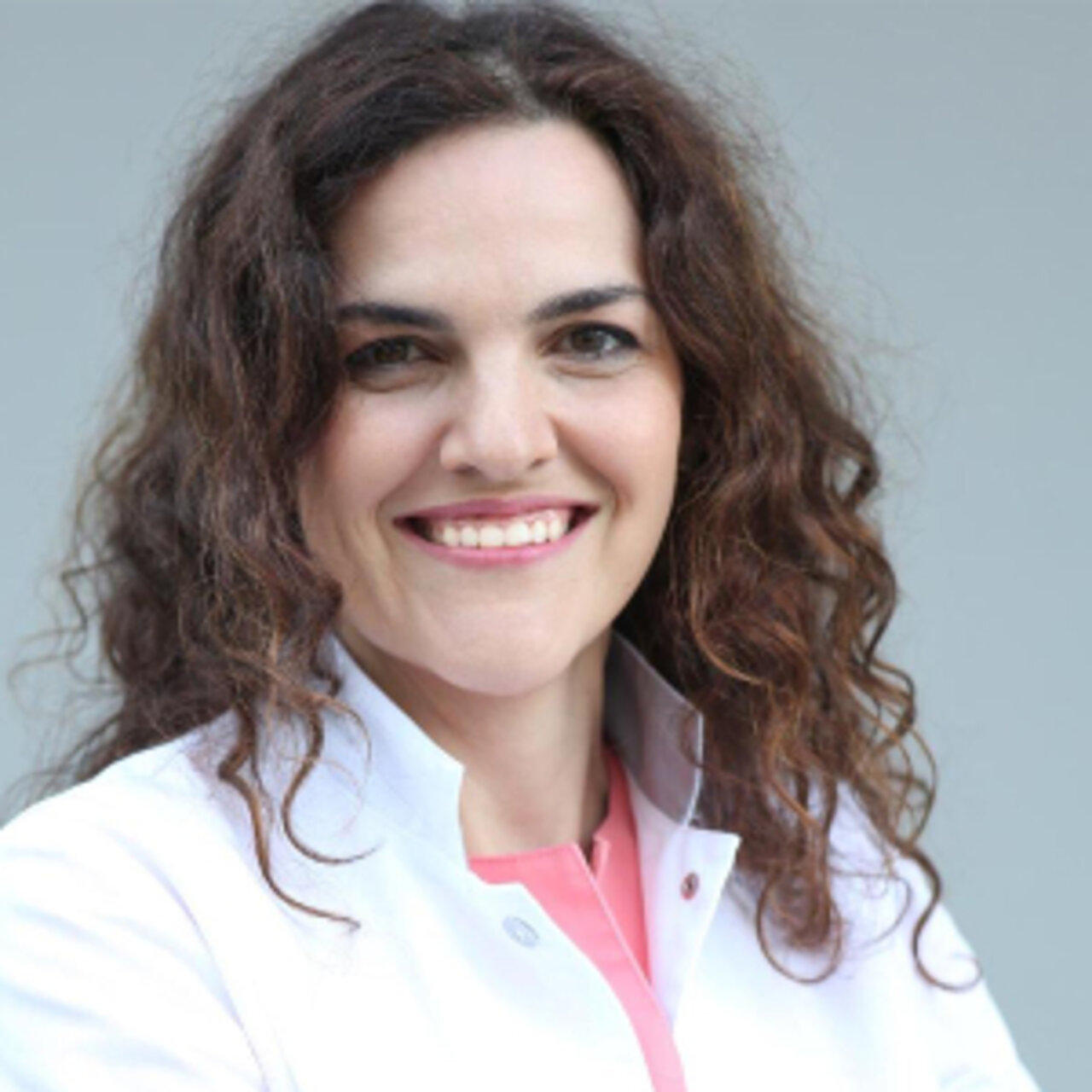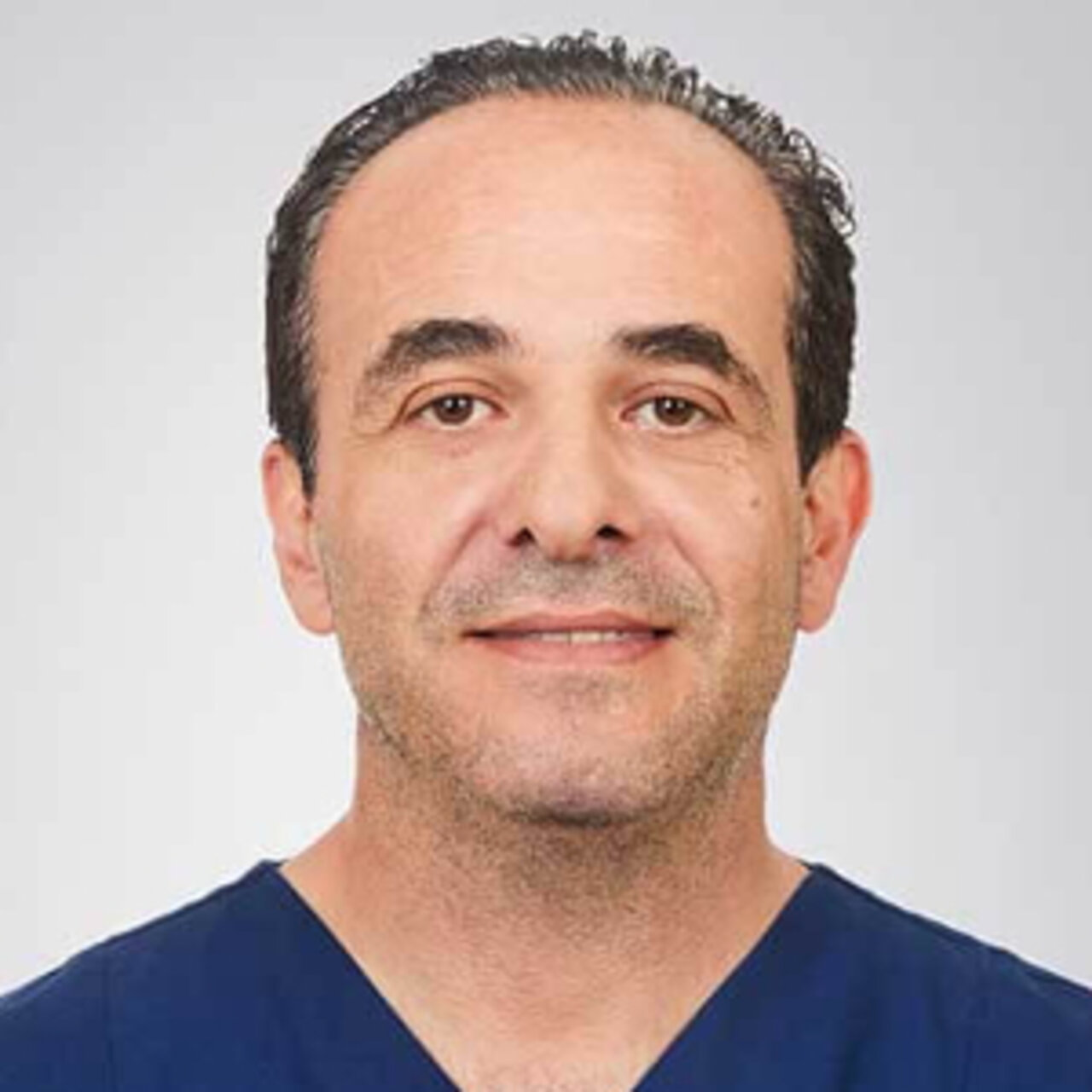Specialists in Breast cancer surgery
6 Specialists found
Information About the Field of Breast cancer surgery
When is Breast Cancer Surgery Carried Out?
The treatment method of the first choice for breast cancer is breast cancer surgery. It is carried out in combination with radiotherapy, chemotherapy, or hormone therapy. Whether and how mamma carcinoma is operated depends on the extent of the disease.
If breast cancer is suspected, a tissue sample of the suspicious tissue is initially taken. There are various methods (punch biopsy, excision biopsy, etc.). After confirmation of the diagnosis by the pathologist, the determination of cancer spread is carried out to identify size, type, and affected organs. In addition to the gynecological examination, a lung X-ray, ultrasound of the liver, and scintigraphy of the bones are carried out. Once the tests have been completed, the mamma carcinoma is classified into a stage according to size and spread (metastases).
Breast cancer surgery is indicated for each patient with the aim of healing. Survival does not depend on the extent of the surgery but the extent of the infestation outside the breast (metastases). If the tumor is localized and metastases have already developed in other parts of the body, surgery will no longer be able to cure cancer. Then surgery is only carried out if it improves the patient's quality of life.
What Types of Breast Cancer Surgeries Are Available?
In recent years, breast cancer surgery has developed from the removal of the entire breast (radical mastectomy) to breast-conserving tumor removal. Whether breast-conserving surgery can be carried out depends on the stage of breast cancer.
Breast-Conserving Breast Cancer Surgery
Today, breast-conserving therapy is the breast cancer surgery of the first choice if the breast is large enough or a sufficient ratio of breast volume to the tumor.
If a suspected tumor finding is not palpable, the surgeon can mark it with a wire under mammography control. The incision is then made next to the marking. In this way, the unclear findings can be easily found and removed during the operation.
The tumor is removed with a safety distance of 1 cm from the bordering piece of skin (possibly nipple). The axillary lymph nodes are removed in a second small incision. The size of larger tumors can perhaps be reduced by chemotherapy before the surgery and make a breast-conserving therapy possible.
Mastectomy (Breast Amputation)
The original breast cancer surgery, which is now only performed in special cases (infestation of the breast muscle), is the radical mastectomy. In this procedure, the mammary gland, the underlying muscle, surrounding fatty tissue, and the lymph nodes in the armpit area are removed in one piece. However, this method is associated with a large scar and limited mobility of shoulder and arm (due to muscle removal), as well as accumulation of lymph fluid in the arm.
There is also a modified form of radical mastectomy in which the breast, the surrounding fatty tissue, the fascia (without muscle), and only certain lymph node areas are removed. This is connected to a significantly smaller skin incision, which can also be used for the later breast reconstruction. Besides, the movement of the arm is much less restricted. This method is used when breast-conserving therapy is not possible due to the size of the tumor, the spread of the tumor, or the patient's refusal.
Lymph Node Removal During Breast Cancer Surgery
The most important prognosis factor is the infestation of the surrounding lymph nodes. If they are affected, it can be assumed that the cancer cells have entered the body. The sentinel lymph node technique can be used to prevent unnecessary removal of many lymph nodes. The sentinel lymph node is the first drainage spot for lymph from the breast. Either blue dye or radioactively marked proteins are injected into the skin area close to the tumor to find it. The lymph node in question is then removed and examined during the surgery. If it is not affected, the remaining lymph nodes can be spared.
What Is the Prognosis After Breast Cancer Surgery?
The overall survival rate in stages 1 and 2 are comparable between mastectomy and breast conservation therapy. However, the risk of local relapse is increased with breast-conserving surgery. For this reason, postoperative breast irradiation is mandatory in breast cancer surgery, as it can reduce the risk of local recurrence from 30% to 5%.
In the case of extensive tumor infestation, radiation is also carried out after mastectomy. Radiotherapy for breast cancer can begin after about 4-6 weeks if the wound heals well. Breast irradiation may be delayed in the case of wound healing disorders. Depending on the type and spread of the mamma carcinoma, chemotherapy may follow.
Reconstruction of the breast after mastectomy can be carried out immediately or after six months at the earliest.
Regular follow-up care is of great significance. At certain intervals, both breasts are examined by the specialist in gynecology. Mammography is carried out annually.
Should you have any further questions regarding the variants of breast cancer surgery, please contact your breast cancer specialist in confidence.
Which Doctors and Clinics Are Specialists for Breast Cancer Surgery?
Patients who have breast cancer want the best medical care. That's why the patient or her relatives are wondering where to find a breast cancer specialist or the best clinic for breast cancer surgery?
As this question cannot be answered objectively and a reliable doctor would never claim to be the best one, we can only rely on the doctor’s experience or the certification of a clinic as a breast cancer center. The more breast cancer surgeries a doctor carried out, the more experienced he becomes in his specialty. Certified breast cancer centers must provide proof of a fixed minimum amount of breast cancer treatments each year.
This means that specialists for breast cancer surgery are experienced doctors in gynecological oncology at a breast cancer center. They are the right doctors to contact for carrying out breast cancer surgery due to their experience and many years of work in breast cancer therapy.
Sources:
- www.krebsgesellschaft.de/onko-internetportal/basis-informationen-krebs/krebsarten/brustkrebs/brustkrebs-basis-infos-fuer-patienten.html
- www.krebshilfe.de/wir-informieren/ueber-krebs/haeufige-krebsarten/brustkrebs.html
- Stauber, Manfred; Weyerstahl, Thomas (2007): Gynäkologie und Geburtshilfe. 3., aktualisierte Auflage. Stuttgart: Georg Thieme (Duale Reihe).
- Keck, Christoph; Denschlag, Dominik; Tempfer, Clemens (2004): Facharztprüfung Gynäkologie und Geburtshilfe. 1000 kommentierte Prüfungsfragen ; 6 Tabellen. Stuttgart: Thieme.





